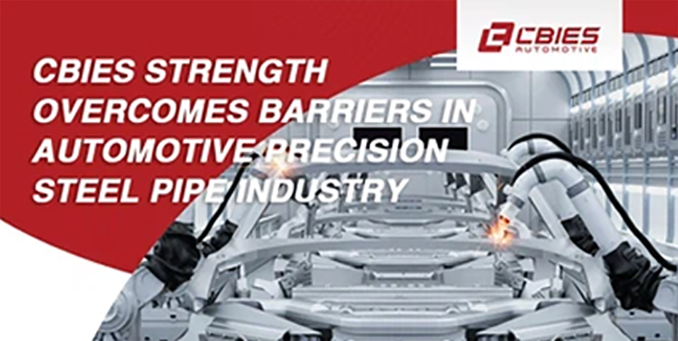
The Importance of Automotive Parts Remanufacturing
Automotive parts remanufacturing is an essential aspect of the automotive industry that emphasizes sustainability, cost-effectiveness, and technological innovation
. In an era where environmental concerns are at the forefront of global discussions, the remanufacturing of automotive parts offers a viable solution to reduce waste and promote greener practices.Remanufacturing involves the process of restoring used automotive components to a like-new condition. This goes beyond mere recycling or refurbishment; it includes disassembly, cleaning, repairing, and replacing components to ensure that the remanufactured parts meet or exceed original equipment manufacturer (OEM) specifications. The primary goal is to provide high-quality parts at a fraction of the cost of new ones, making it an attractive option for consumers and businesses alike.
One of the major benefits of automotive parts remanufacturing is its positive impact on the environment. The automotive industry is a significant contributor to pollution and waste. By remanufacturing parts, manufacturers can significantly reduce the need for raw materials, which in turn decreases energy consumption and lowers greenhouse gas emissions. This closed-loop system of production minimizes the carbon footprint associated with the lifecycles of automotive components and promotes a more sustainable model of consumption.
From an economic perspective, remanufacturing is also advantageous. It not only offers cost savings for consumers but also enables manufacturers to operate more efficiently. The remanufacturing process often requires fewer resources than manufacturing new parts from scratch, thereby reducing operational costs. Additionally, remanufactured parts can be sold at a lower price point, making vehicles more affordable to a wider audience. This affordability is particularly crucial in regions where access to new parts is limited or where cost considerations are paramount.

Moreover, the remanufacturing industry contributes to job creation. As businesses engage in the remanufacturing of automotive parts, they are able to hire skilled workers adept in specialized processes such as disassembly, inspection, and reassembly. This not only fosters a skilled labor force but also stimulates the economy by keeping jobs within the local community. It represents an opportunity for innovation, as companies continuously seek newer technologies and methodologies to improve the efficiency and quality of their remanufactured products.
Technological advancements are playing a crucial role in enhancing the remanufacturing process. With the integration of modern technologies such as artificial intelligence, robotics, and advanced material science, companies are able to streamline operations, improve precision, and maintain consistency in quality. Automated processes can reduce human error during disassembly and assembly, leading to more reliable parts. Furthermore, data analytics can help identify trends in part failures and guide improvements in the remanufacturing process.
As the automotive industry progresses towards electric and hybrid vehicles, the relevance of remanufacturing will likely grow. Many components in these vehicles, such as batteries and electric motors, require careful restoration and refurbishment to ensure optimal performance. This opens up new avenues for the remanufacturing sector to expand its offerings and innovate in response to changing automotive technologies.
In conclusion, automotive parts remanufacturing is a linchpin in the quest for sustainability and economic efficiency in the automotive industry. By breathing new life into used components, it not only mitigates environmental impact but also provides significant cost benefits and employment opportunities. As technology continues to evolve, the remanufacturing sector will undoubtedly play a pivotal role in shaping the future of automotive manufacturing, making it an area worthy of attention and investment.